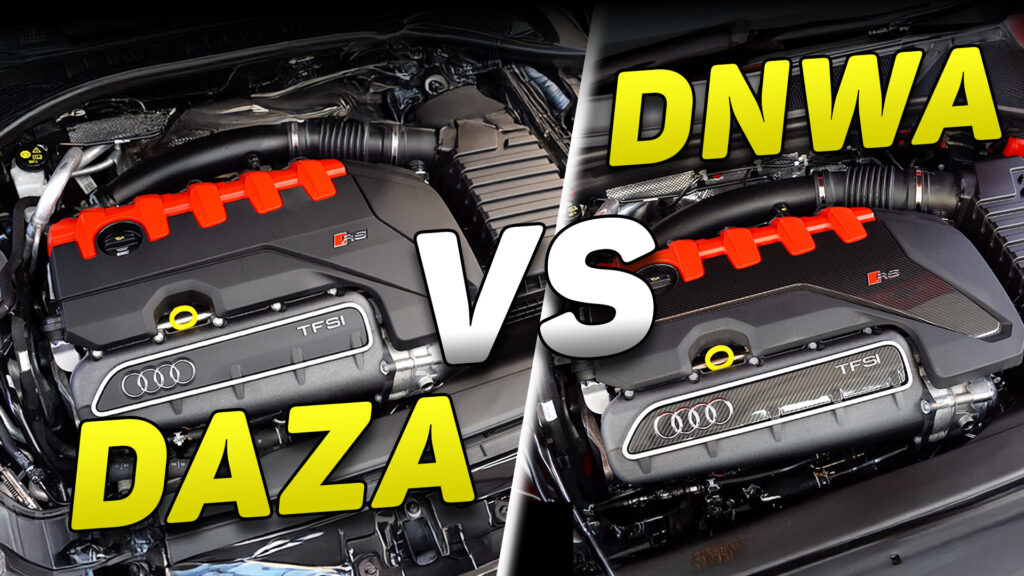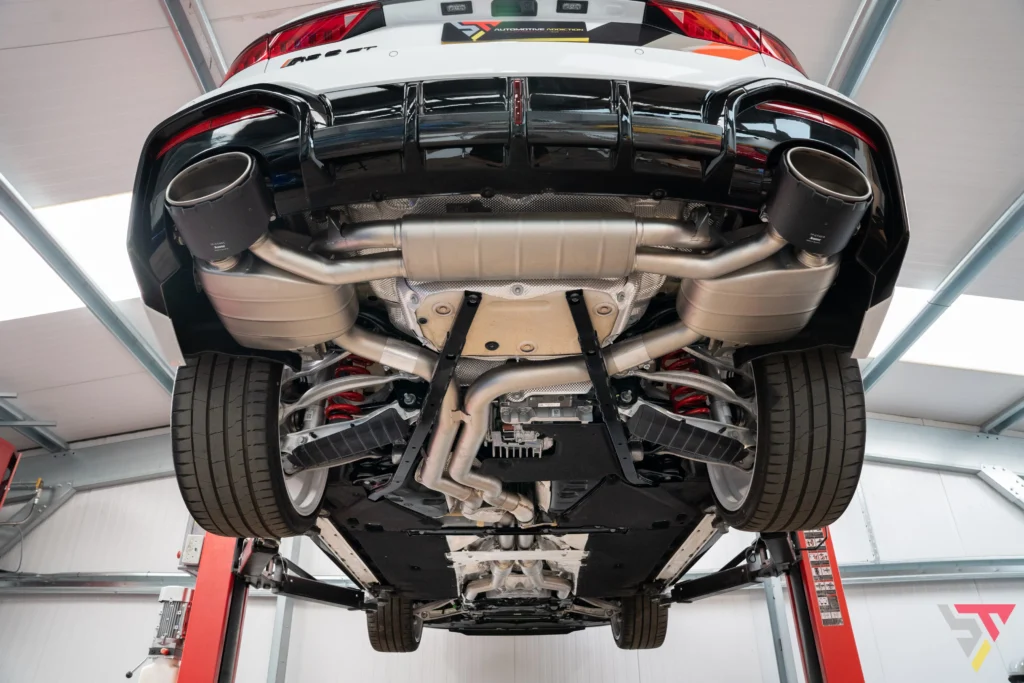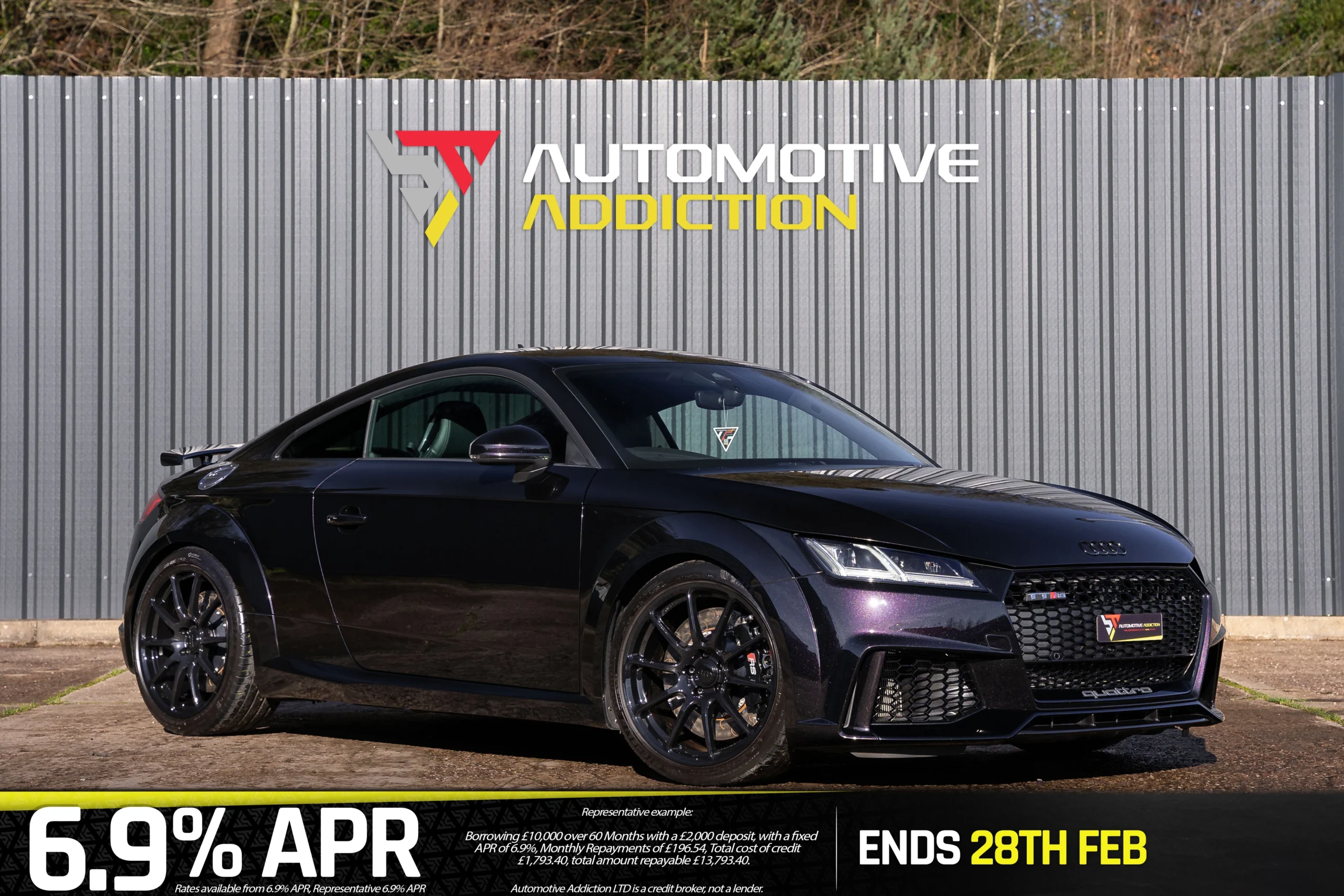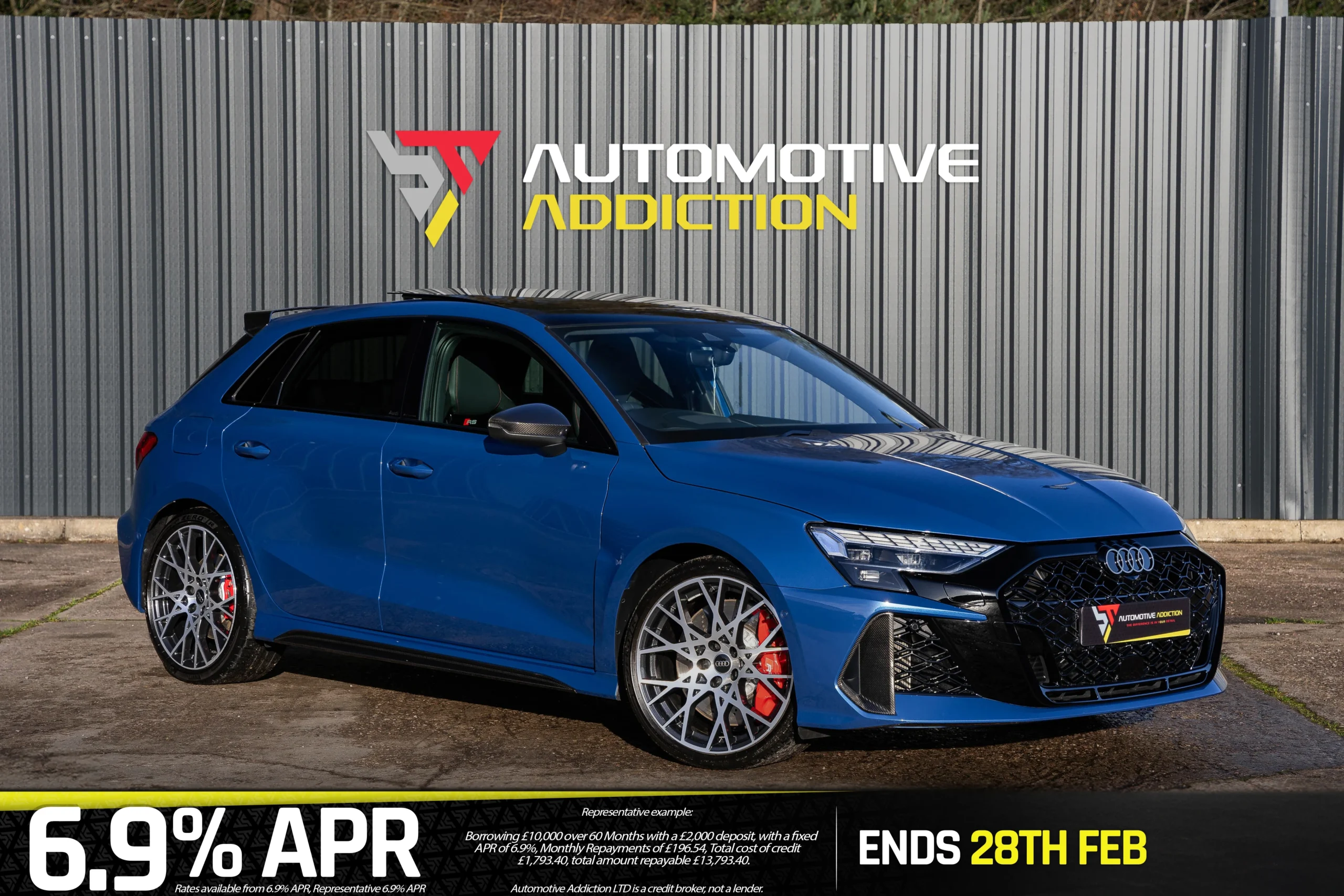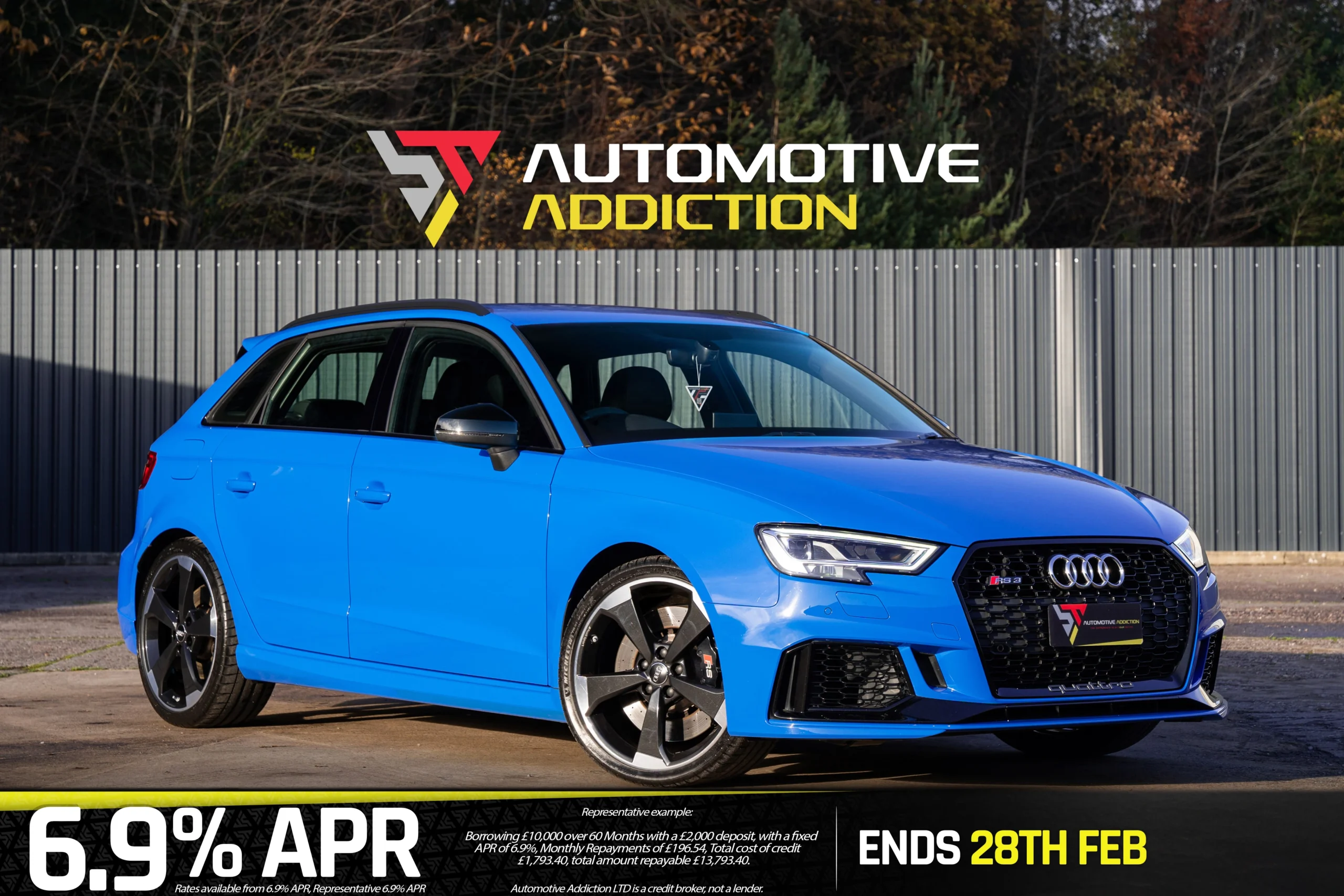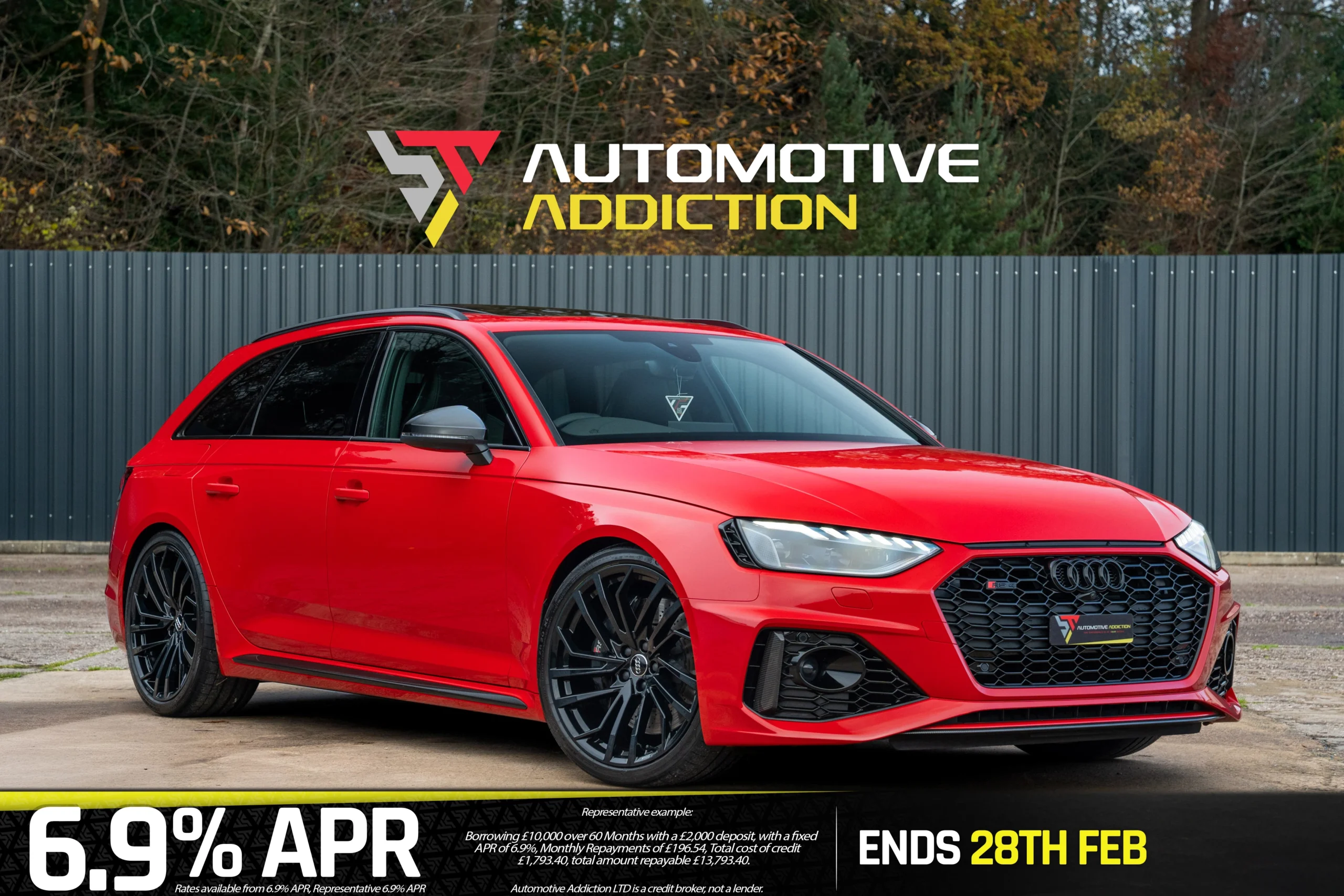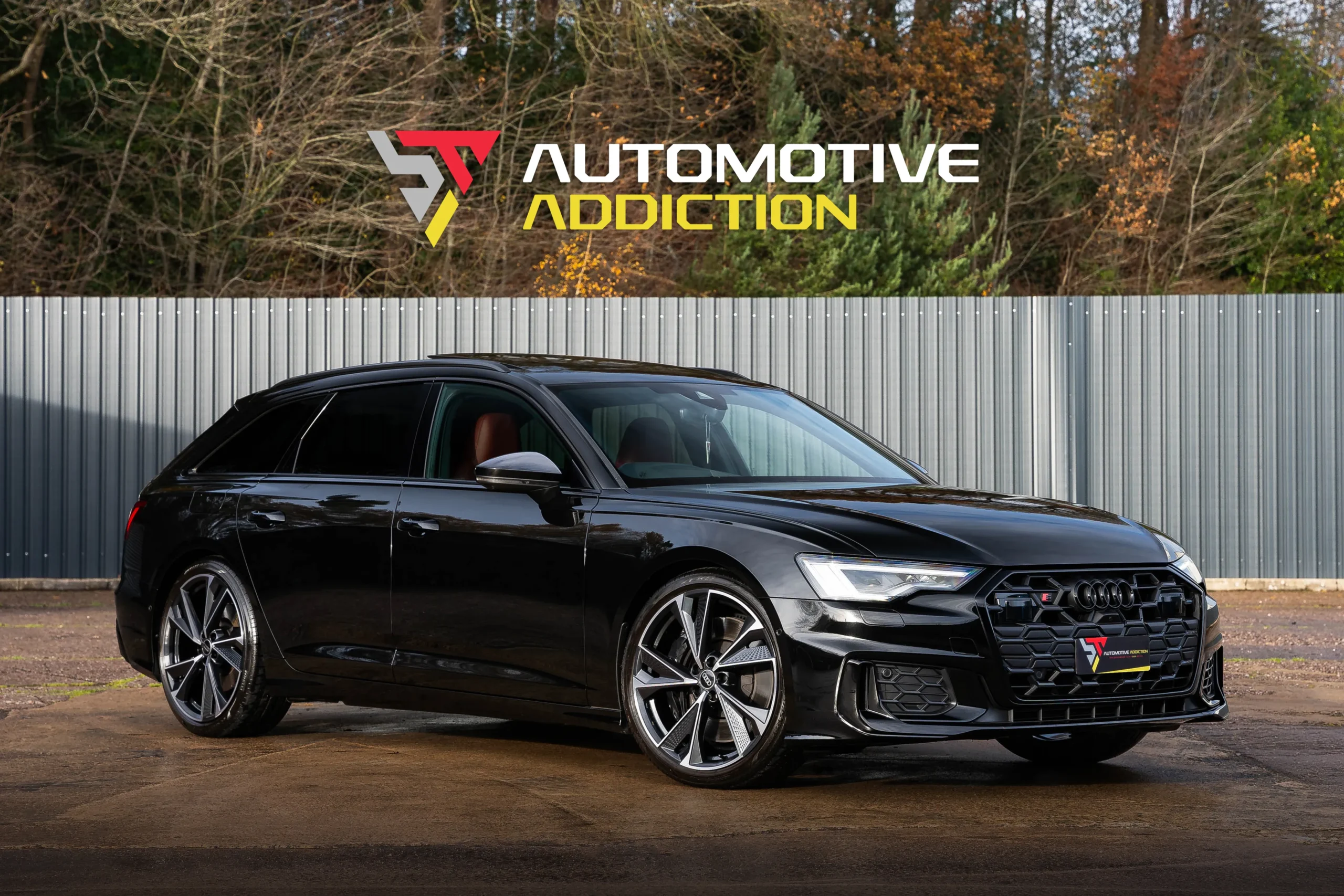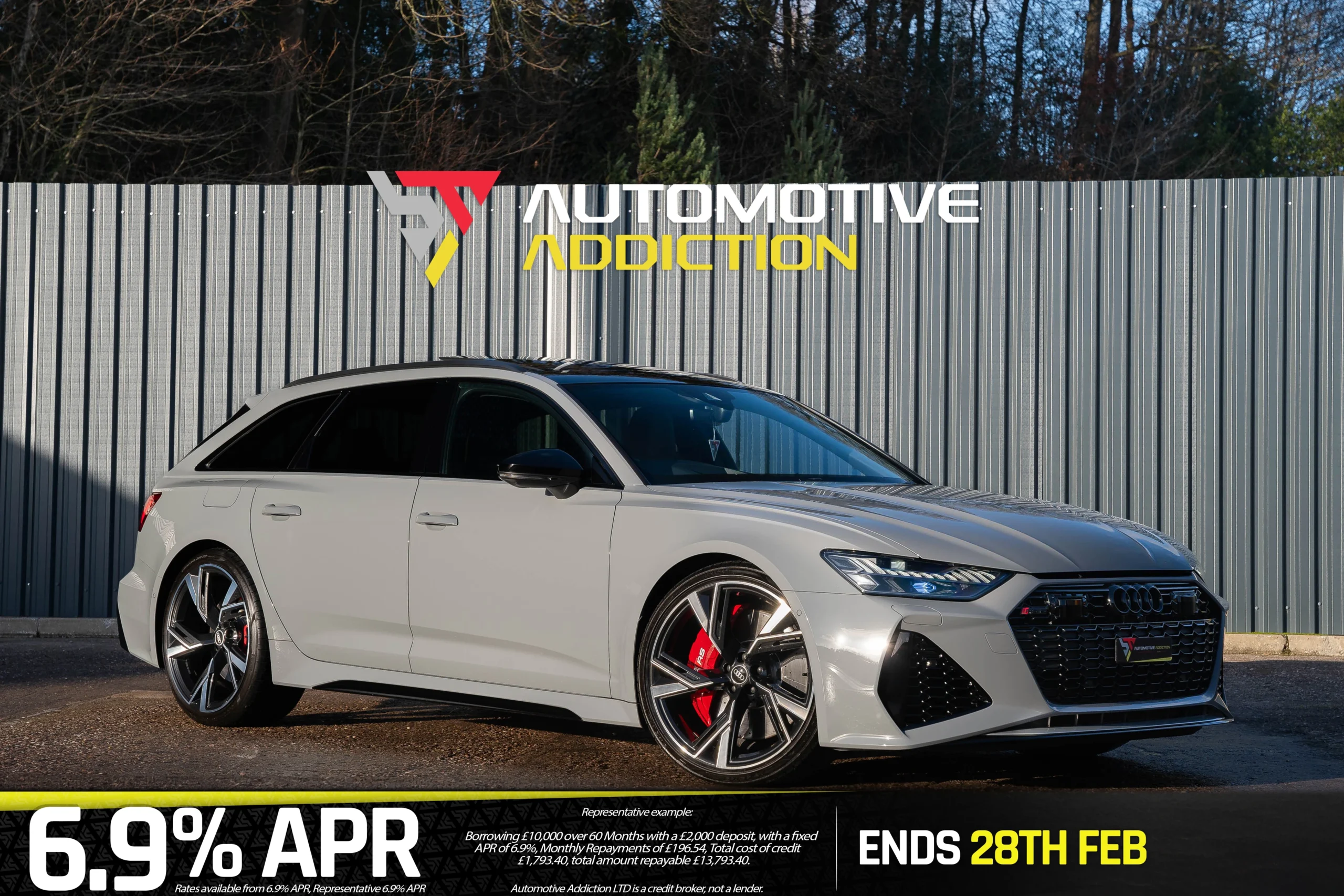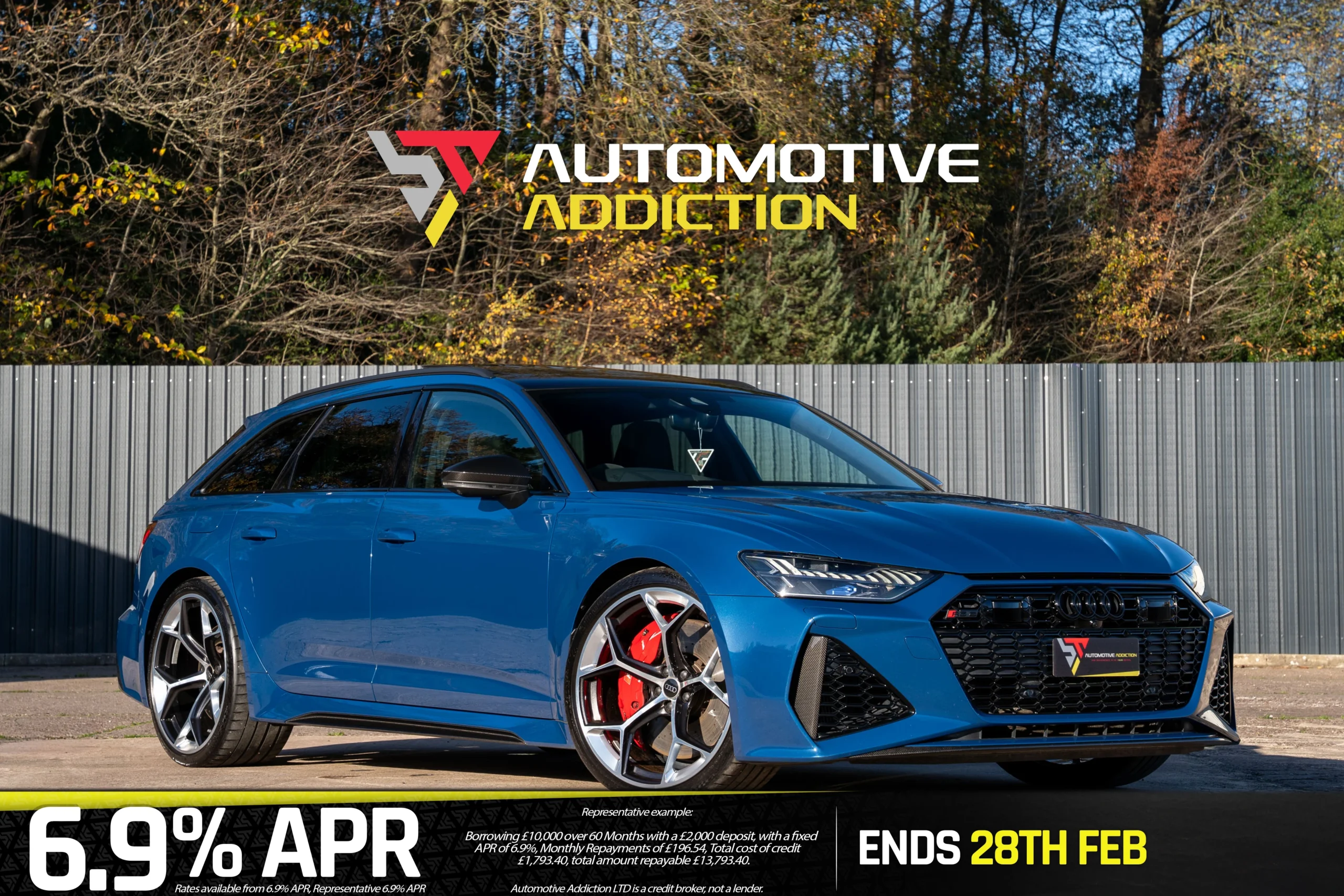When you buy a car from Automotive Addiction, you’re not just purchasing a vehicle; you’re investing in a carefully selected, thoroughly inspected, mechanically sound and professionally detailed machine that meets our uncompromising standards. While we are known for our exceptional detailing and the high standard of cars we offer, the reality is that most of our time and resources are spent long before a car is ever advertised for sale. That’s because we won’t buy just any car – in fact, we reject far more cars than we accept.
This article outlines what makes a car ineligible for purchase by our team for inclusion as part of our impeccable stock list, highlighting the meticulous inspections and checks conducted by our inspection team, led by sales manager Louis – our very own “car detective” – to uncover a car’s true history. The team’s role is simple but critical: to ensure that every vehicle we sell represents the highest standards of honesty, quality, and factory originality. To see the team in action, check out our ‘What We Don’t Buy’ video series on the Automotive Addiction Youtube channel:
The “Car Detective” approach
The inspection team are responsible for appraising every prospective vehicle and confirming whether it meets our standards for resale. Their job isn’t just to look at a car and see if it’s clean or shiny. They investigates every aspect of the car’s past and present condition, acting almost like forensic analysts. Their goal is to ensure true representation of the car’s condition and history, ensuring our customers receive nothing but the best.
We don’t buy cars we can’t stand behind with confidence. And we certainly won’t rely on polish and our detailing skills to disguise fundamental issues. As we say at Automotive Addiction, you can’t polish a turd – and we won’t even try.
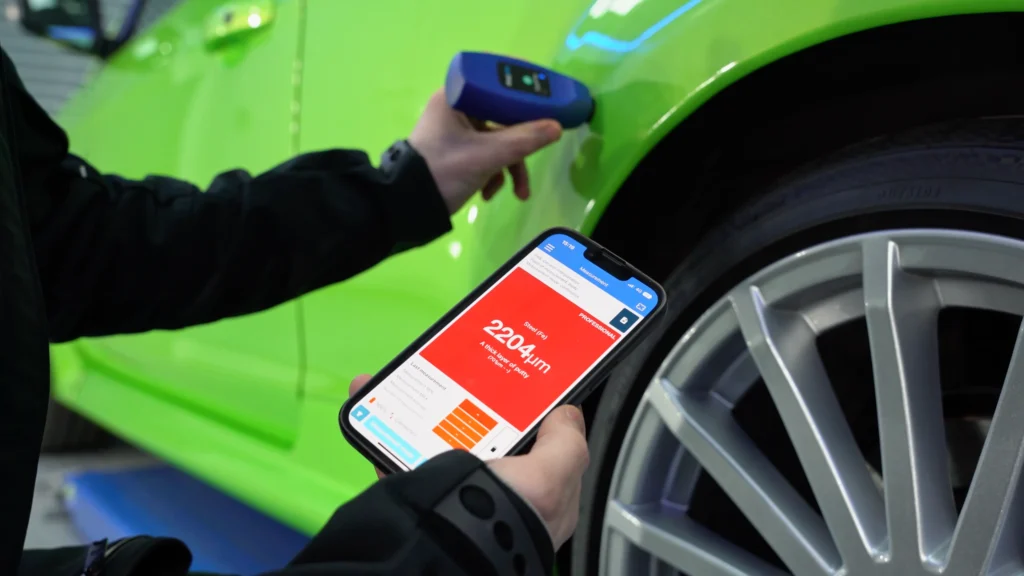
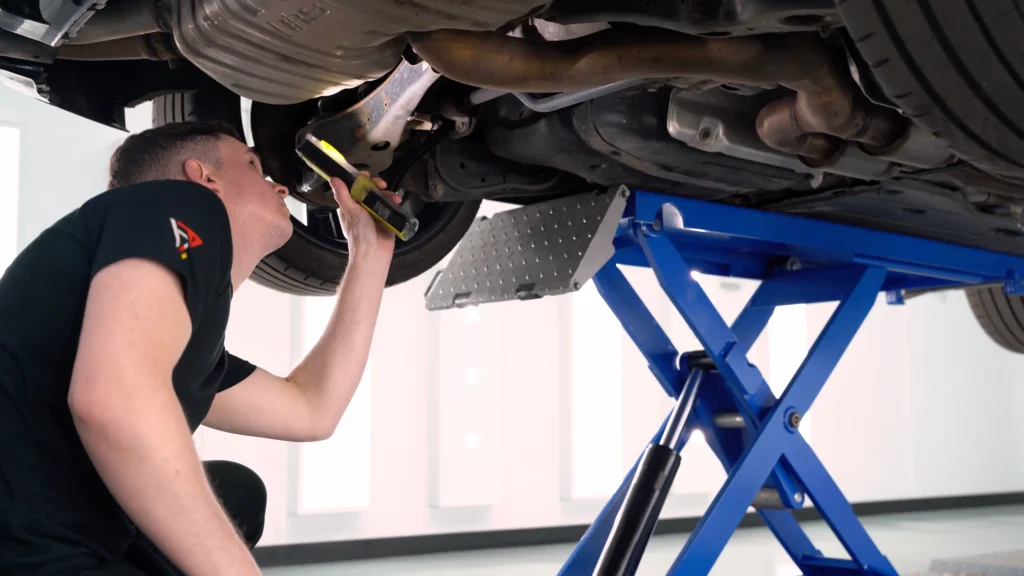
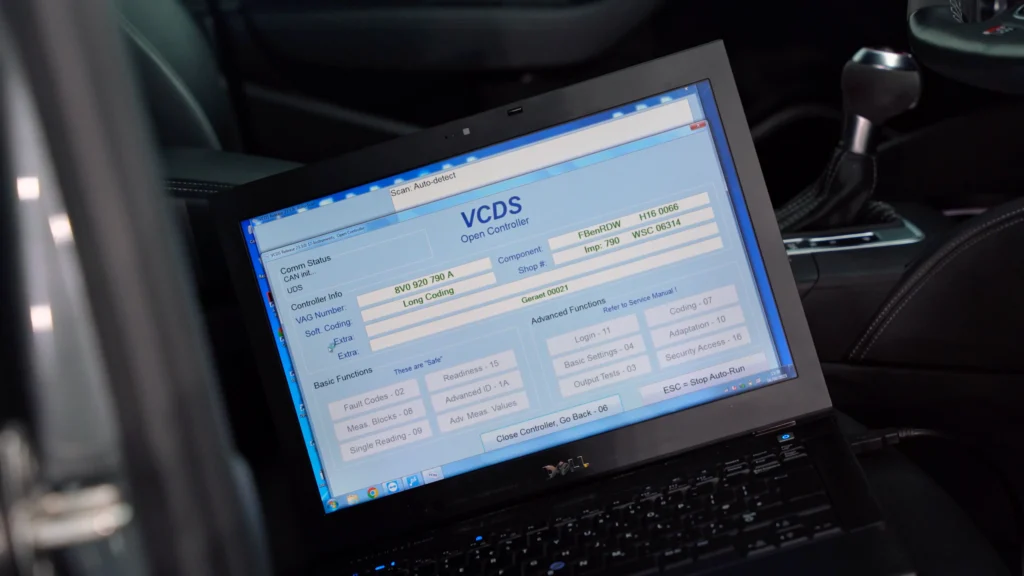
The cars we don’t buy are:
1. Cars with incomplete or suspicious histories
Even before we see a car in the metal, our investigative team are already hard at work. This begins with a full HPi check to ensure the car isn’t stolen, written off, or subject to any outstanding finance. But that’s just the start. We also check for any insurance markers for accident claims that would indicate a car has been damaged and repaired in the past, or even if it has been written off as salvage, but then repaired and put back on the road.
If our initial checks through the various online services such as HPi and VCheck are not 100% conclusive, we can investigate ownership history of the car through social media groups, online forums, and previous sale listings to more accurately trace a car’s past. Transparency is essential.
We also review the service history, both online through our access to various dealer and specialist-level portals, and any physical documentation such as invoices and service books the owner might present. Incomplete, inconsistent, or clearly faked service records are immediate red flags. Our customers expect a complete and truthful account of a car’s life, ideally from pedantic and enthusiastic previous keepers — and we make sure that’s what they get.
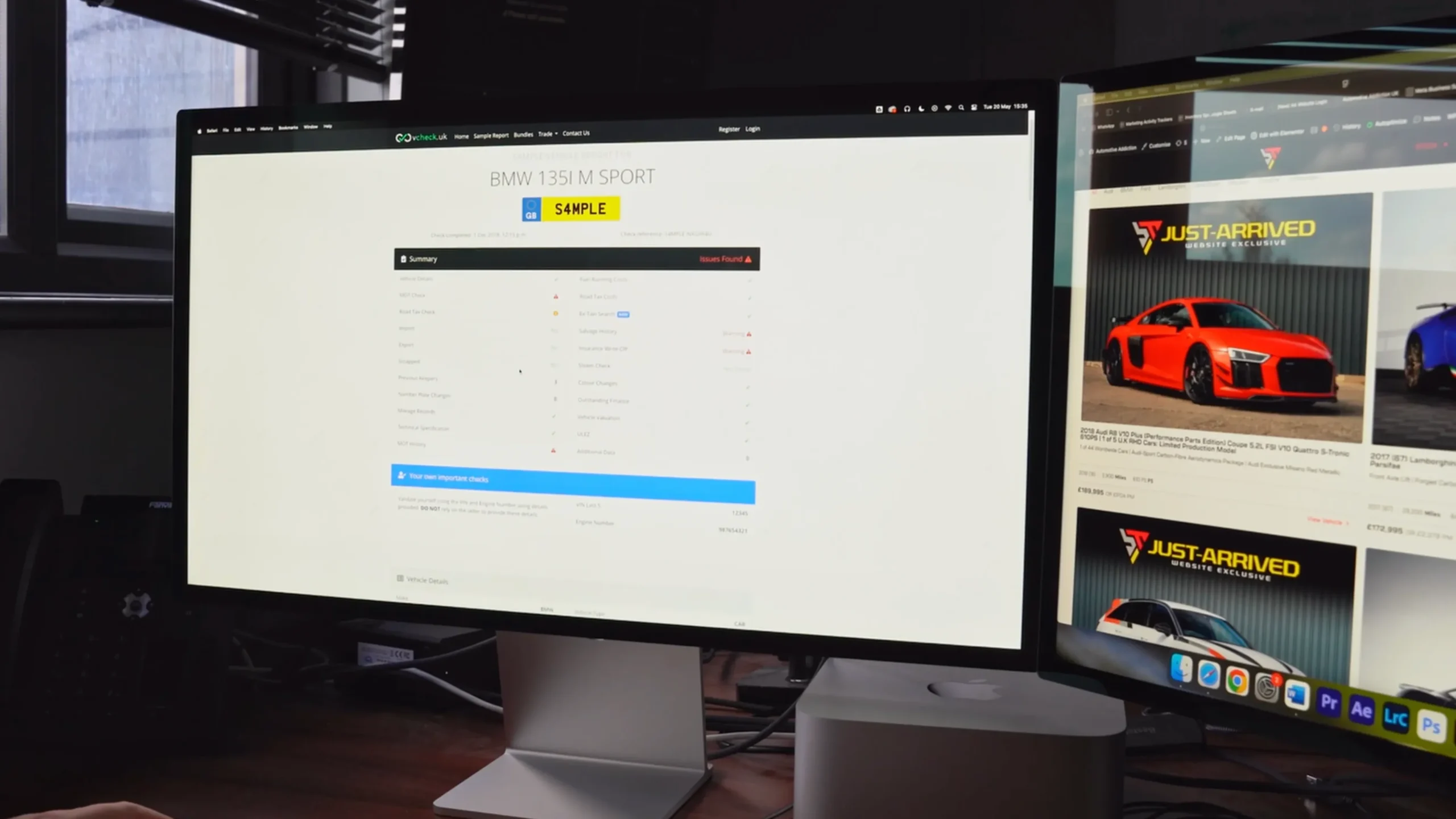
2. High-mileage cars with no exceptional qualities
While we won’t outright reject higher-mileage vehicles, they must be exceptional in their mechanical and cosmetic condition, as well as their service history to be considered. Typically, we prefer low-mileage examples, because they better retain factory quality and mechanical integrity.
If a car has high mileage but displays excessive wear inconsistent with its age, or if its service records don’t support the mileage, it’s immediately excluded.
3. Cars with evidence of mileage manipulation or blockers
Mileage blockers have become disturbingly common in recent times, especially in desirable models like the Audi RS3. These electronic devices interrupt the signal between the odometer and the ECU, effectively freezing the mileage – and deceiving buyers.
To combat this, we perform a diagnostic check with factory level VCDS software. This allows us to access hidden data within the car’s engine and transmission ECUs such as fault codes, the launch counter, transmission mileage, and engine mileage. If discrepancies between engine and transmission mileage exceed the factory tolerance of 5%, it suggests tampering has taken place – and we walk away from the car.
Any fault codes are further investigated, and if we uncover evidence of concealment or masking of issues, the car is rejected immediately.

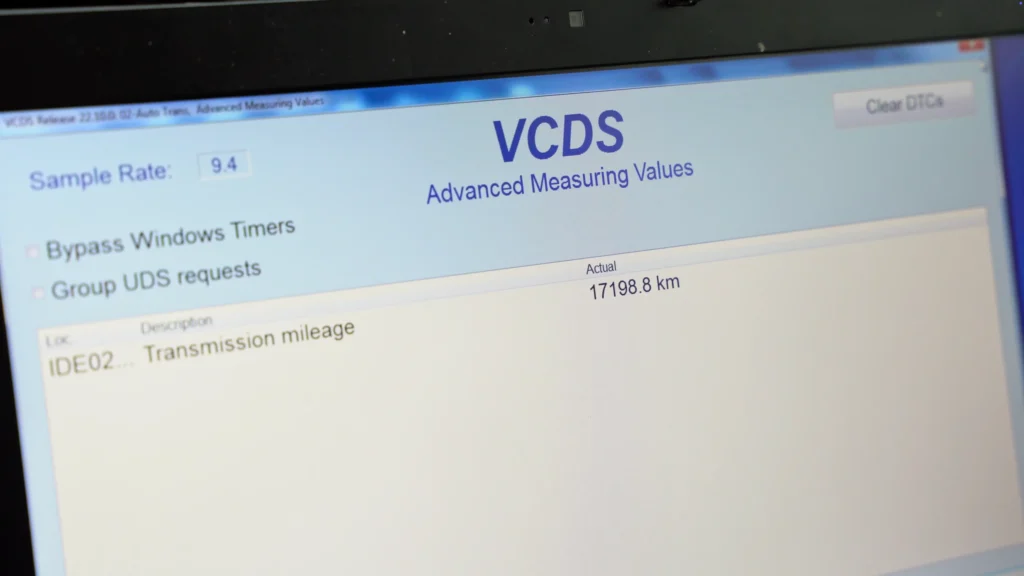
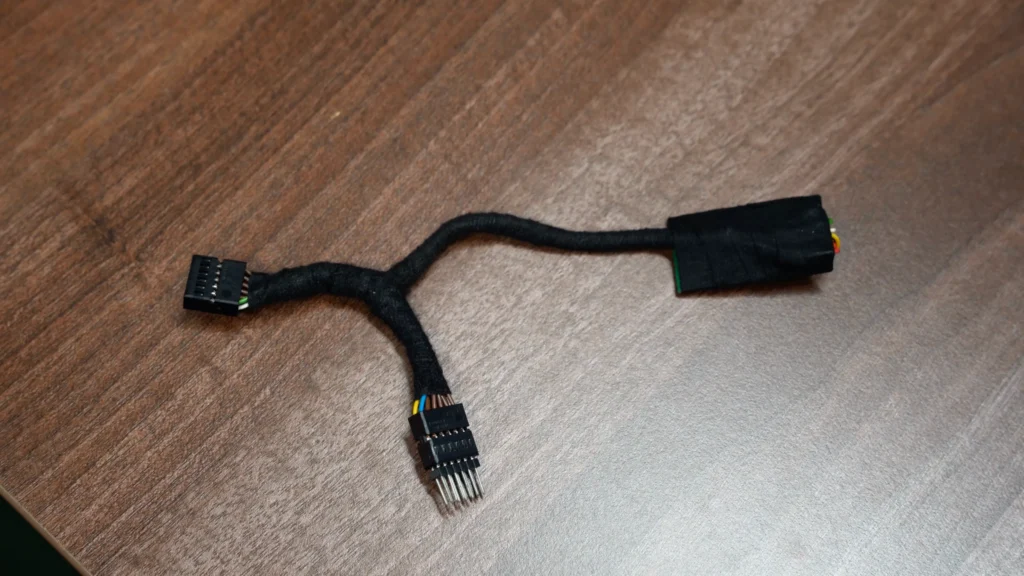
4. Cars with non-factory paintwork or accident damage
Cosmetic perfection is not our only concern; authenticity is key. We closely inspect the paint and bodywork for evidence of resprays, filler, and panel replacements.
Here’s what we look for:
Paint finish consistency across all panels – when cars are painted at the factory, they are sprayed by robots, which give an extremely uniform appearance to both the paint thickness, colour and texture of finish. This is extremely difficult for a human to replicate and it’s this difference in finish that can give away a previous repair.
Metallic flake distribution – factory paint has uniform distribution; repaints often don’t, with the metallic flake either being more sparse or denser than original. While not always immediately obvious, it can affect the overall colour of the repainted panel, which then jars against the rest of the panels with factory paint.
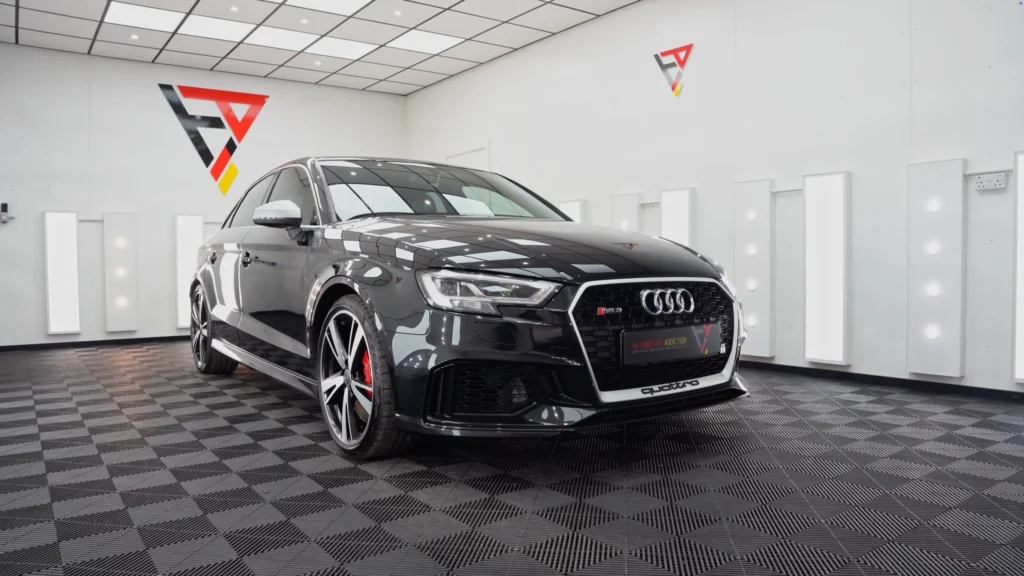
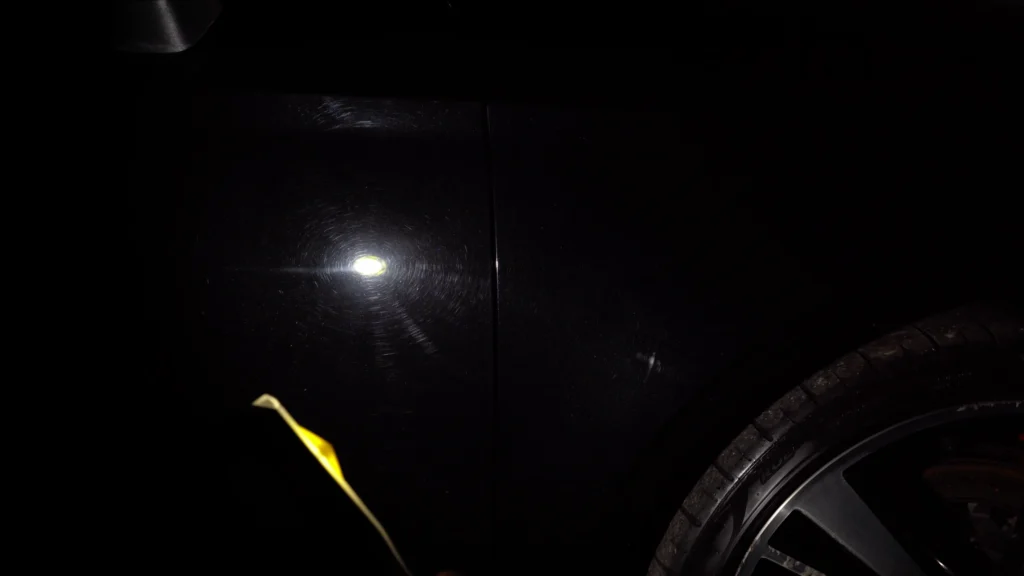
Lacquer quality — orange peel effect is added by the factory to help conceal minor defects and produce a uniform finish to panels, this should be consistent across the car with factory standards. Any deviation from this means the panel has received non factory paint or has been flatted and polished for some reason that has not been applied to the rest of the car.
Sharp body lines – factory paint typically measures between 90-120 microns; with less on the car’s trademark creases and lines in order to maintain their stark definition. If we see that these lines are softer than usual it often highlights additional paint has been applied indicating a previous repair.
Paint thickness gauge readings – To accurately test the thickness of a cars paint, we use a professional digital paint gauge, which measures the distance between the outer surface of the lacquer down to the metal of the panel beneath. Any panel with a paint depth significantly above or below expected manufacturer levels suggests repainting, filler, or over-polishing.
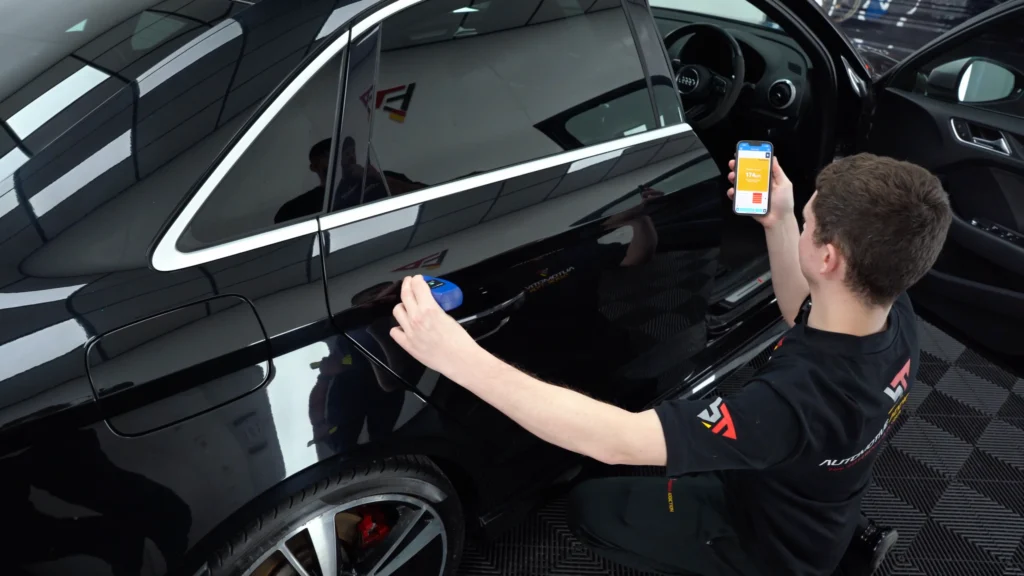
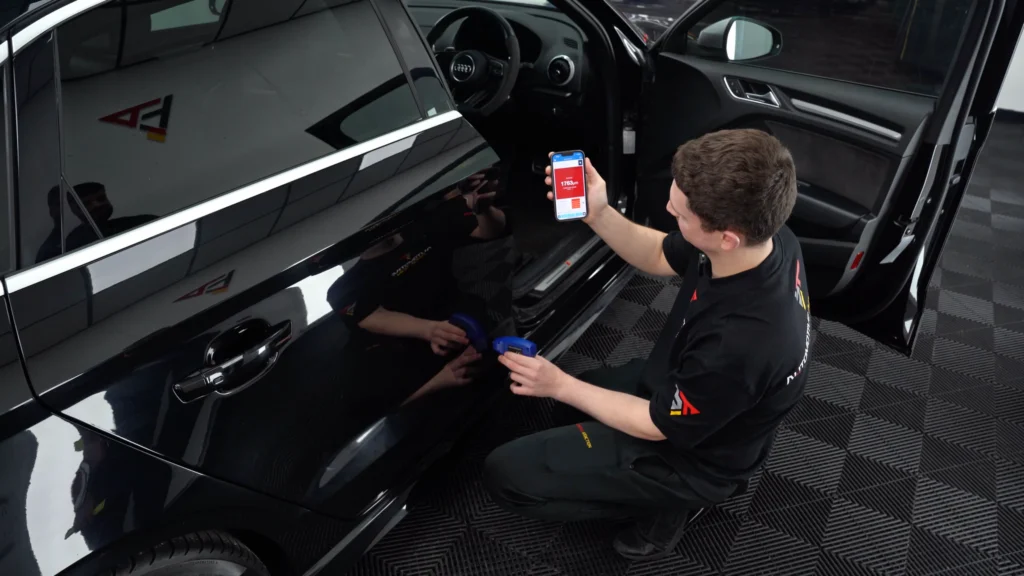
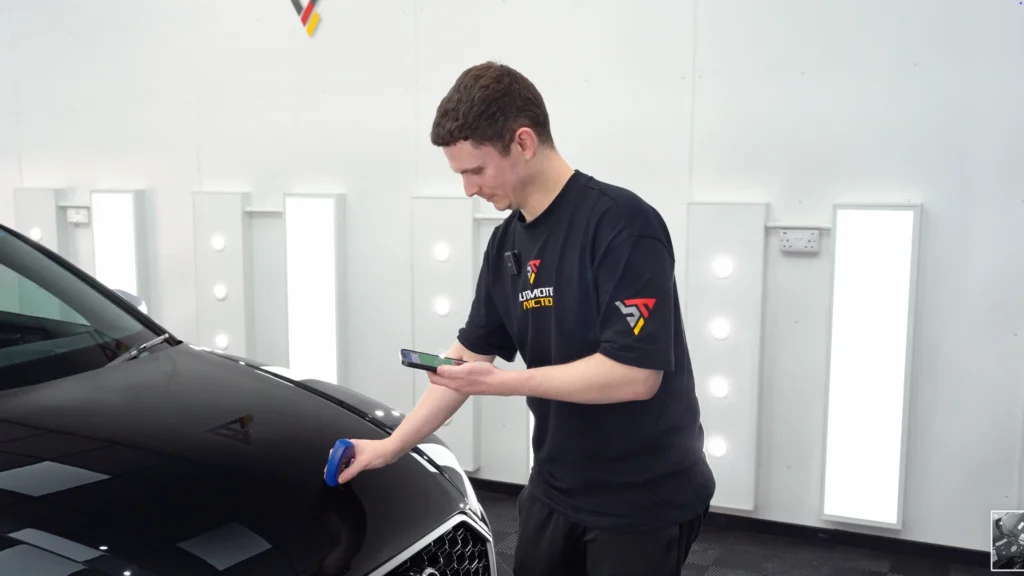
We also inspect the wheels for signs of refurbishment: as well as any kerbing, lacquer peel, missing OEM stickers, or non-genuine centre caps, which are all signs of cutting corners.
Even minor indicators of exterior work, like door card removal marks or telltale signs of puller use, trigger a deeper investigation and we will go to the extent of removing door cards, trim parts and panels if necessary to get an accurate assessment of any work that may have been carried out in the past, but may not be immediately obvious on the surface.
If a panel has been replaced, we check that the replacement part is OEM and that its date stamp matches the rest of the vehicle. A panel with a date stamp of a different year to the rest of the car for example, means it has been replaced at some point and is not original to the vehicle at the time of manufacture. And while a replacement panel in itself may not be cause for alarm, it’s the reason why that panel has been replaced that is of such concern to us, as it very likely indicates serious damage has occurred.
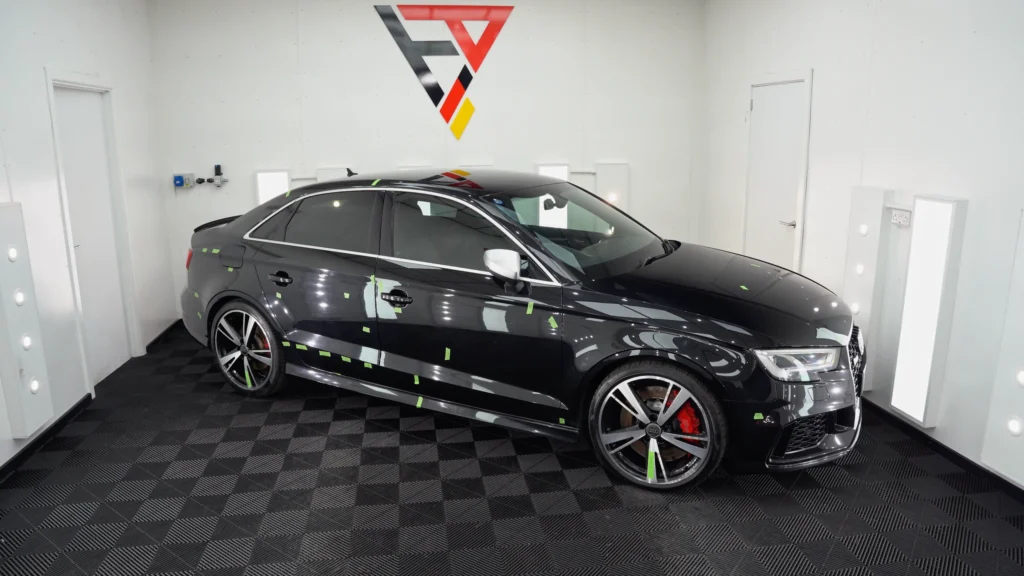
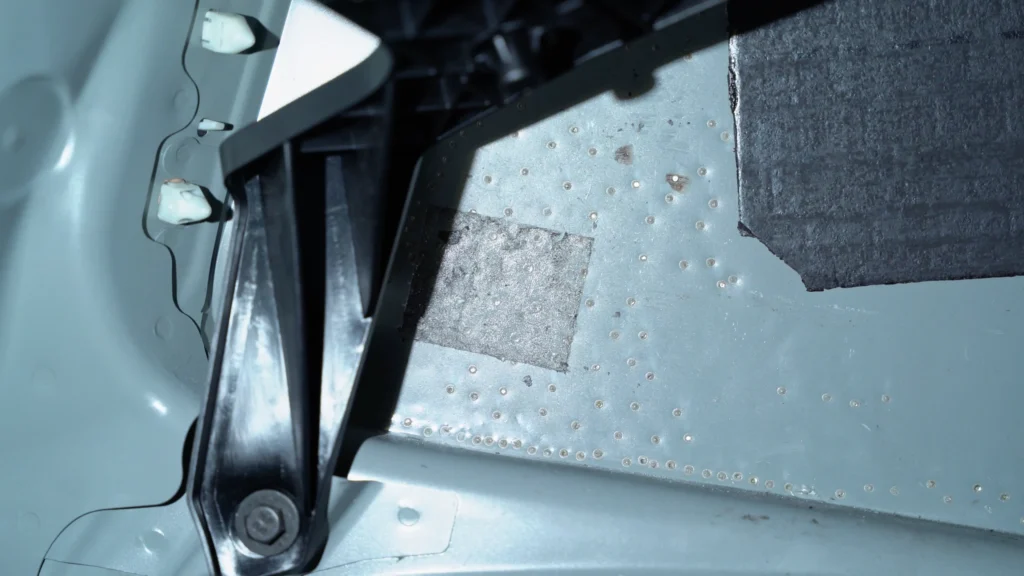
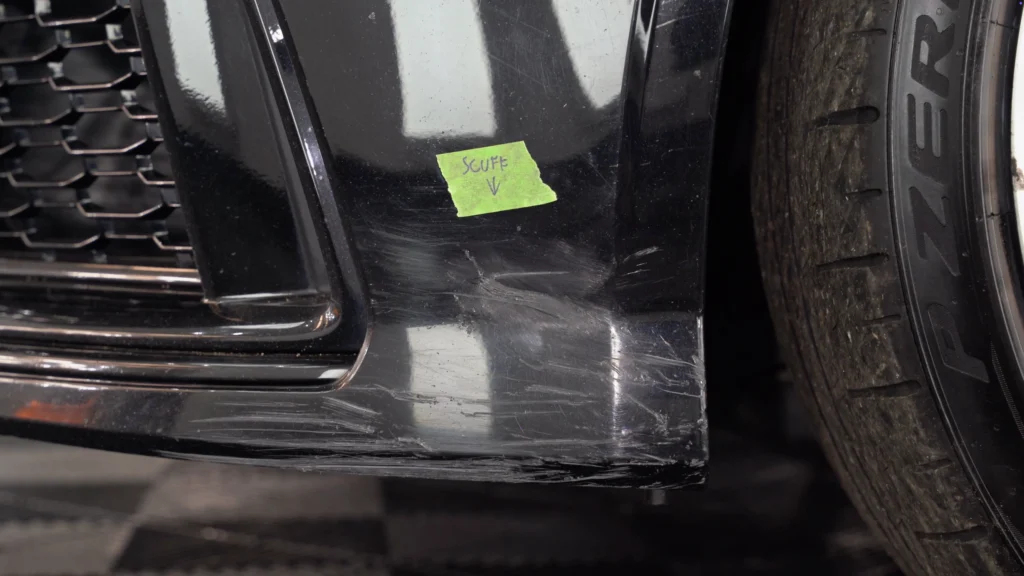
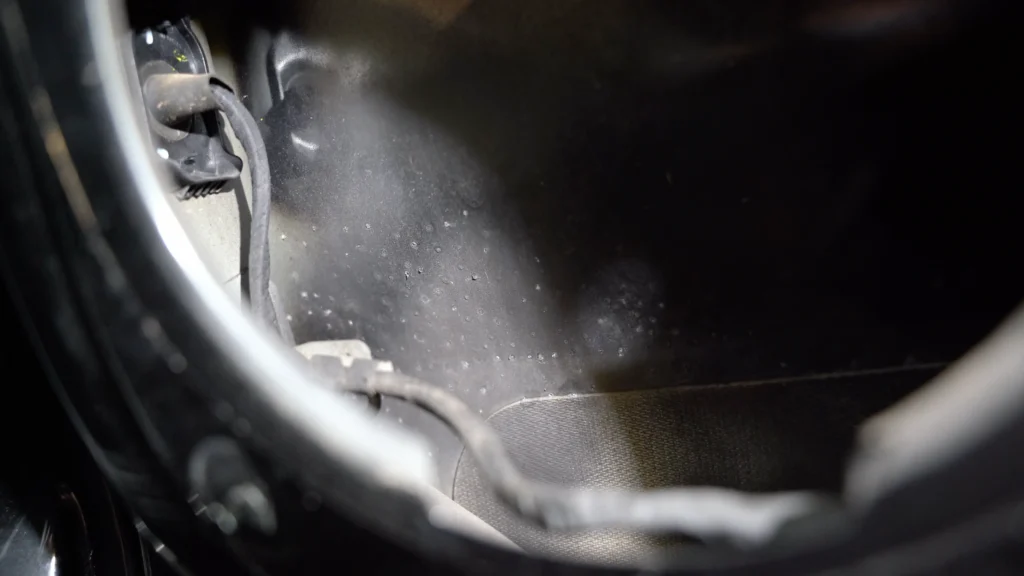
5. Cars that have been wrapped
Vehicle wrapping is a popular way to alter the appearance of your vehicle, however the application of a vinyl wrap can also mask the quality of the paintwork underneath, making accurately evaluating the car’s condition extremely difficult. For this reason we do not buy cars that are vinyl wrapped, even if the work has been carried out to a high standard. Paint protection film is different, as it is transparent and we can still check the paint quality so these cars are considered.
6. Left hand drive models and foreign imports
We only deal in right hand drive UK cars. We will not accept any foreign imported models whether they are right or left hand drive.
While we strive for perfection, it’s not a requirement
While we try to find car’s in as perfect condition as possible, we understand that cars are there to be used and driven and by their very nature will receive minor cosmetic imperfections – even with the most sympathetic and meticulous of owners. In fact, we’ve even found some brand new cars with delivery mileage have had some paintwork, possibly to rectify an imperfection of small scuff during the delivery process.
That’s why minor imperfections like light bumper scuffs, kerbed wheels, stone chips to the bonnet or light wear on interiors and trim for example, are accepted as they can easily be addressed to the required level before resale – but these must be consistent with the car’s age and overall condition. We do not buy cars with crash damage, filler or structural repairs, and will only consider a cars with light cosmetic paintwork if the respray is exceptional, OEM-standard, and fully documented.
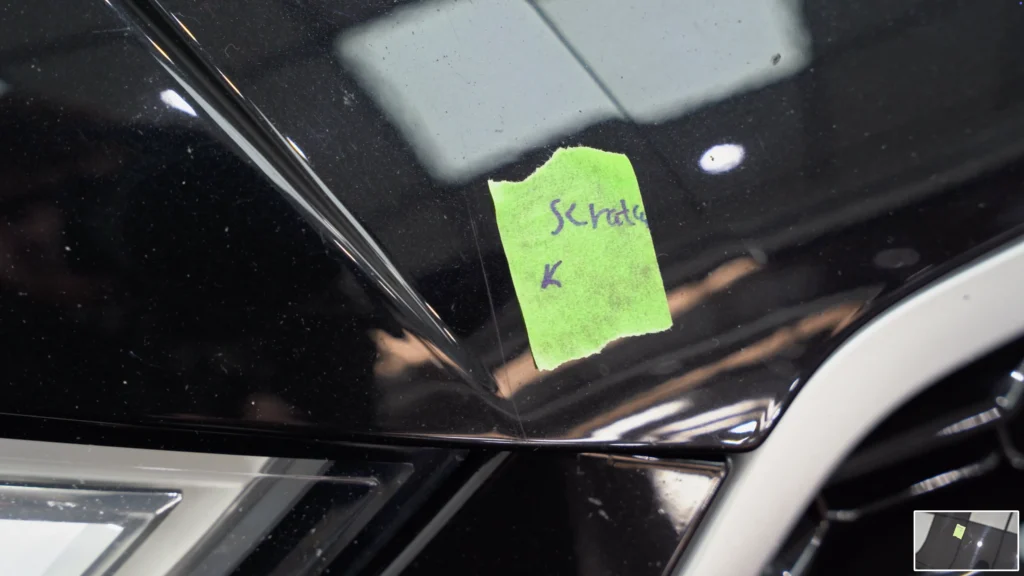
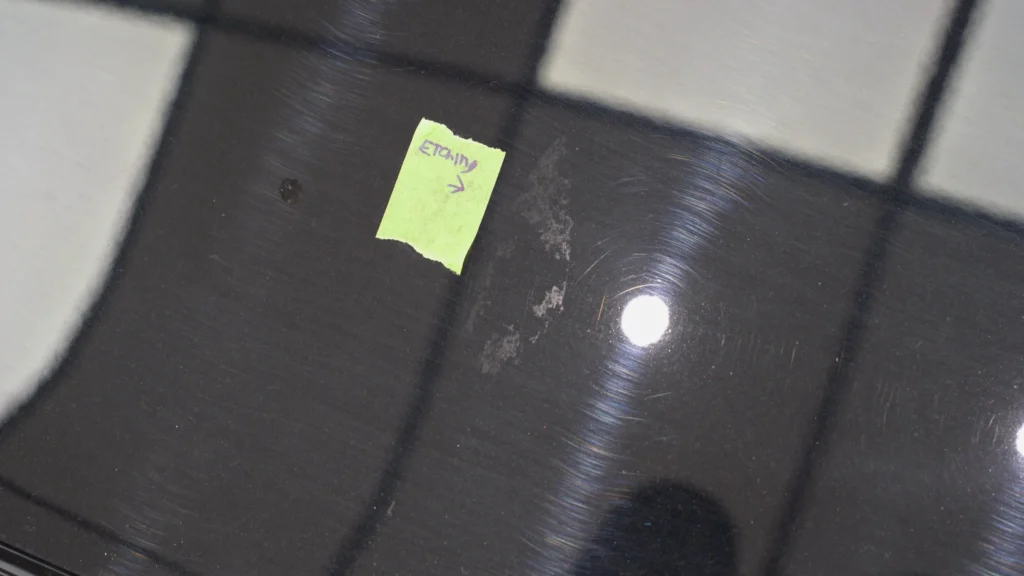
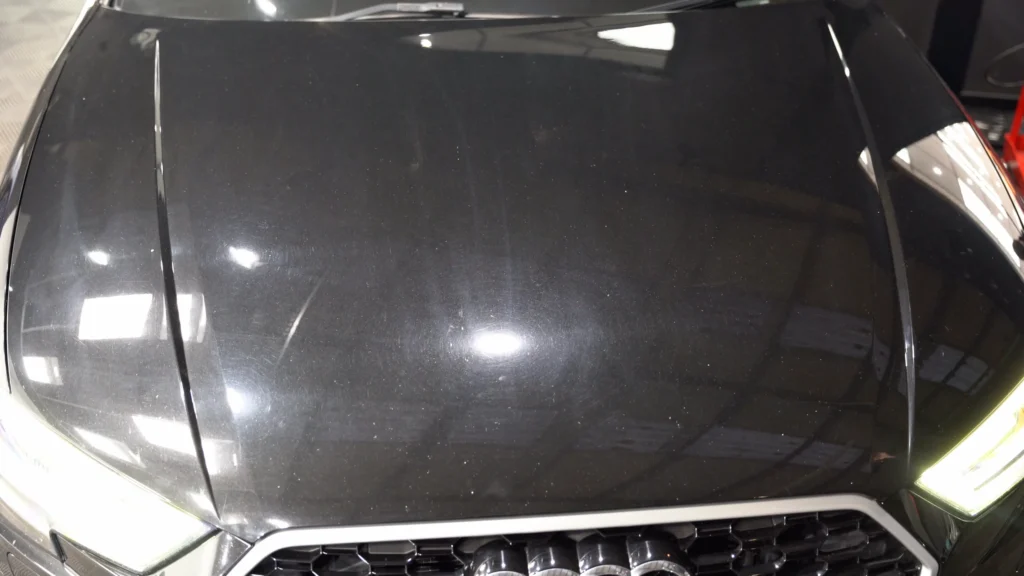
Preparing a Car for Appraisal
If a car passes our initial online and background checks, we can then invite the owner in to have the car inspected in the metal. But before it goes under the light in our inspection booth, it undergoes a comprehensive safe wash, ensuring dirt and surface contaminants don’t hide paint defects or damage. Only once clean, does Louis begin his painstaking panel-by-panel assessment of the paint, wheels, interior, and underbody.
The Automotive Addiction standard
At the heart of our process is honesty. We are not in the business of flipping shiny cars with questionable pasts. Every car we sell is something we would be proud to own ourselves – and that means passing one of the most rigorous vetting processes in the industry.
If a car doesn’t meet our criteria, we won’t try to make it work. We won’t hide damage under detailing, fudge mileage, or mask history. That’s not who we are.
When you see a car listed by Automotive Addiction, you can be certain it has passed every check, every inspection, and every investigation – because anything less doesn’t make the cut.





All is not lost
Although we impose the highest of standards for cars we select for Automotive Addiction’s own sales stock, that doesn’t mean we will completely reject your car if it doesn’t make the grade. If you are hoping to strike a deal on a part-exchange basis against a vehicle you’ve seen in our stock list, we can still offer you a fair price for your car in part exchange, however your vehicle would then be sold to one of our trade partners, rather than go on to make up our exclusive stock list.


